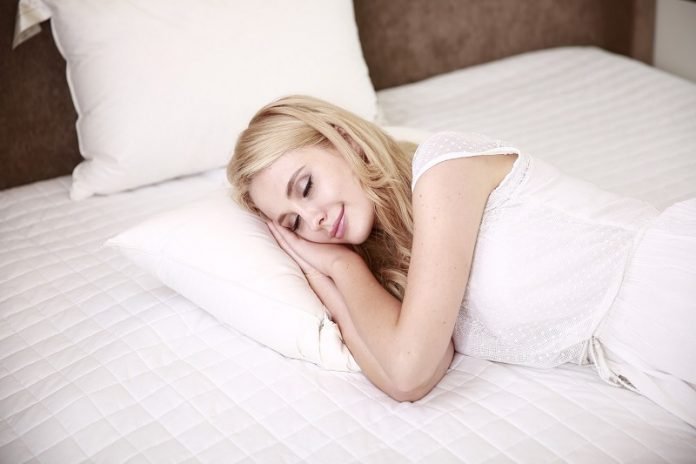
Scientists from the University of Pittsburgh found both short and long sleep duration and poor sleep quality are associated with increased odds of recurrent falls in women
The research is published in the Journal of Bone and Mineral Research and was conducted by Jane A. Cauley et al.
In the study, researchers assessed the association between self-reported sleep and fall and fractures among 157,306 women (aged 50 to 79 years) participating in the Women’s Health Initiative.
Participants were prospectively questioned each year about sleep quality, sleep duration, and insomnia, as well as about falling two or more times (“recurrent falling”).
The researchers found that women who were short sleepers (no more than five hours) and long sleepers (at least 10 hours) had increased odds of recurrent falls.
Increased odds of recurrent falls were also associated with poor sleep quality, insomnia, and more sleep disturbances.
Short sleep was associated with an increased risk for all fractures and specifically upper limb, lower limb, and central body fractures. There was no association with hip fractures.
These findings suggest that interventions aimed at improving sleep may reduce the risk of falls.
If you care about sleep, please read studies about new surgery that could benefit people with sleep apnea, and sleep can maximize vaccine effectiveness.
For more information about sleep, please see recent studies about sleep apnea linked to autoimmune diseases, and results showing sleep is the ‘crystal ball’ to predict Alzheimer’s disease.
Copyright © 2022 Knowridge Science Report. All rights reserved.



